
BioVie initiates a phase 2 trial for bezisterim, targeting neurological symptoms of Long COVID, aiming to improve patient quality of life.

BioVie initiates a phase 2 trial for bezisterim, targeting neurological symptoms of Long COVID, aiming to improve patient quality of life.

Here's some of what is coming soon to NeurologyLive® this week.
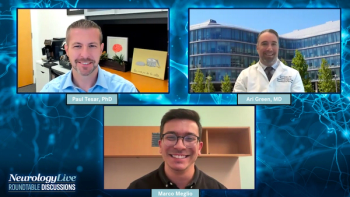
Episode 4 covers how aging and disease duration impact remyelination potential and the strategies for targeting repair across the multiple sclerosis spectrum.

Test your neurology knowledge with NeurologyLive®'s weekly quiz series, featuring questions on a variety of clinical and historical neurology topics. This week's topic is on headache/migraine presenting to the ER.

Investigators explore a phase 4 trial transitioning CIDP patients from IVIg to efgartigimod, aiming to enhance treatment safety and efficacy.

In this episode, panelists outline the key scientific and clinical challenges in translating remyelination research into effective therapies for patients with MS.
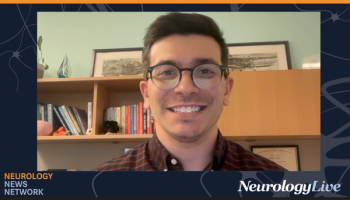
Neurology News Network. for the week ending May 24, 2025. [WATCH TIME: 4 minutes]

Take 5 minutes to catch up on NeurologyLive®'s highlights from the week ending May 23, 2025.

Neurologists Ari Green, MD, and Paul Tesar, PhD, discuss the current limitations of remyelination assessment tools in MS and highlight efforts to develop more reliable clinical measures.

A recent study suggests rituximab may benefit CIDP patients, showing improvement in neurofilament levels and clinical outcomes after treatment.

The assistant professor of neurology at Robert Wood Johnson Medical School talked about a collaborative initiative that aims to address AD disparities in Asian and Pacific Islander American populations. [WATCH TIME: 3 minutes]

Researchers reported that both EN001 and insulin improved muscle strength and nerve function in models of Charcot-Marie-Tooth disease type 1A, with combined treatment showing enhanced effects.

Newly presented findings from the NEURO-TTRansform study identified thresholds for meaningful improvement in symptoms and disability, which were exceeded by eplontersen treatment.

New findings confirm vutrisiran's long-term safety and efficacy in treating hereditary transthyretin amyloidosis, enhancing patient quality of life.

In this initial episode, experts Ari Green, MD, and Paul Tesar, PhD, break down the biological foundation and therapeutic importance of remyelination in multiple sclerosis.

Apnimed's AD109 shows promise in treating obstructive sleep apnea, achieving significant results in a landmark Phase 3 trial, paving the way for FDA approval.

The vice president and franchise lead of Autoimmune at Hansa Biopharma discussed the rapid, antibody-cleaving mechanism of imlifidase and its potential to address unmet needs in Guillain-Barré syndrome. [WATCH TIME: 3 minutes]

Gene therapy arsa-cel significantly improves nerve function in children with late-infantile metachromatic leukodystrophy, outperforming traditional treatments.

A recent matched cohort analysis revealed that patients with CIDP treated with immunoglobulin had lower rates of assistive device deterioration and opioid use compared with those untreated.

Matched analysis from the IGOS dataset showed ANX005-treated patients had greater improvements in GBS disability scores over time compared with those receiving IVIg or plasma exchange.
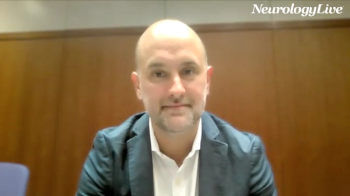
The neurologist at the Hospital de la Santa Creu, in Barcelona, Spain, outlined the goals and significance of the VITALIZE and MOBILIZE phase 3 trials evaluating riliprubart in standard-of-care and treatment-refractory CIDP populations. [WATCH TIME: 3 minutes]

AHN's neuro-oncology program aims to revolutionize brain and spine tumor care with innovative therapies, personalized treatment plans, and advanced research initiatives.
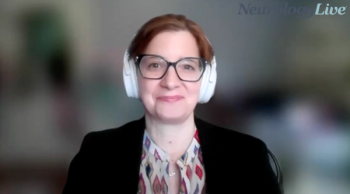
The chair of the Women’s Sleep Health Task Force at the American Academy of Sleep Medicine talked about how hormonal changes across a woman’s lifespan influence the prevalence of sleep disorders. [WATCH TIME: 4 minutes]

The assistant professor of neurology at Robert Wood Johnson Medical School discussed the mission of RCASIA, highlights from its annual retreat, and key takeaways from AAN 2025.

Subgroup data from a phase 2 CIDP trial showed riliprubart maintained consistent efficacy and safety across patient demographics, disease characteristics, and prior treatment exposures.
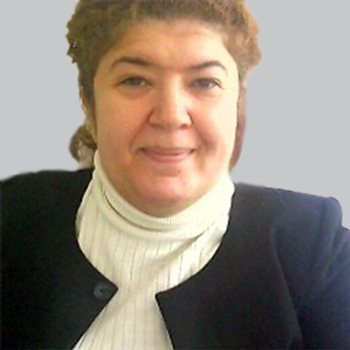
Findings suggest a potential correlation between motor function improvement and decreased autophagy-related protein levels in patients with spinal muscular atrophy treated with nusinersen.

A newly presented study showed that patients with sarcopenia before starting chemotherapy had a greater likelihood of developing moderate to severe peripheral neurotoxicity.

The neurologist at the Hospital de la Santa Creu, in Barcelona, Spain, provided clinical context on sustained responses and new biomarker findings from exploratory phase 2 data on riliprubart in CIDP. [WATCH TIME: 4 minutes]

Eplontersen showed promise in halting disability progression and improving gait speed in patients with hereditary amyloid polyneuropathy, according to recent study findings.
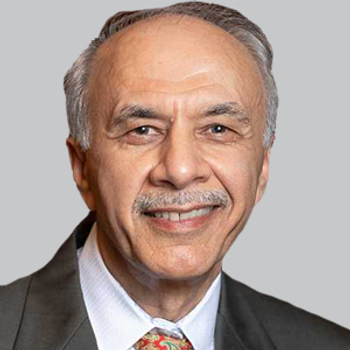
A recently presented biobank data analysis showed associations between reduced transthyretin and higher incidence of conditions such as Alzheimer disease, cardiovascular disease, and rheumatoid arthritis.